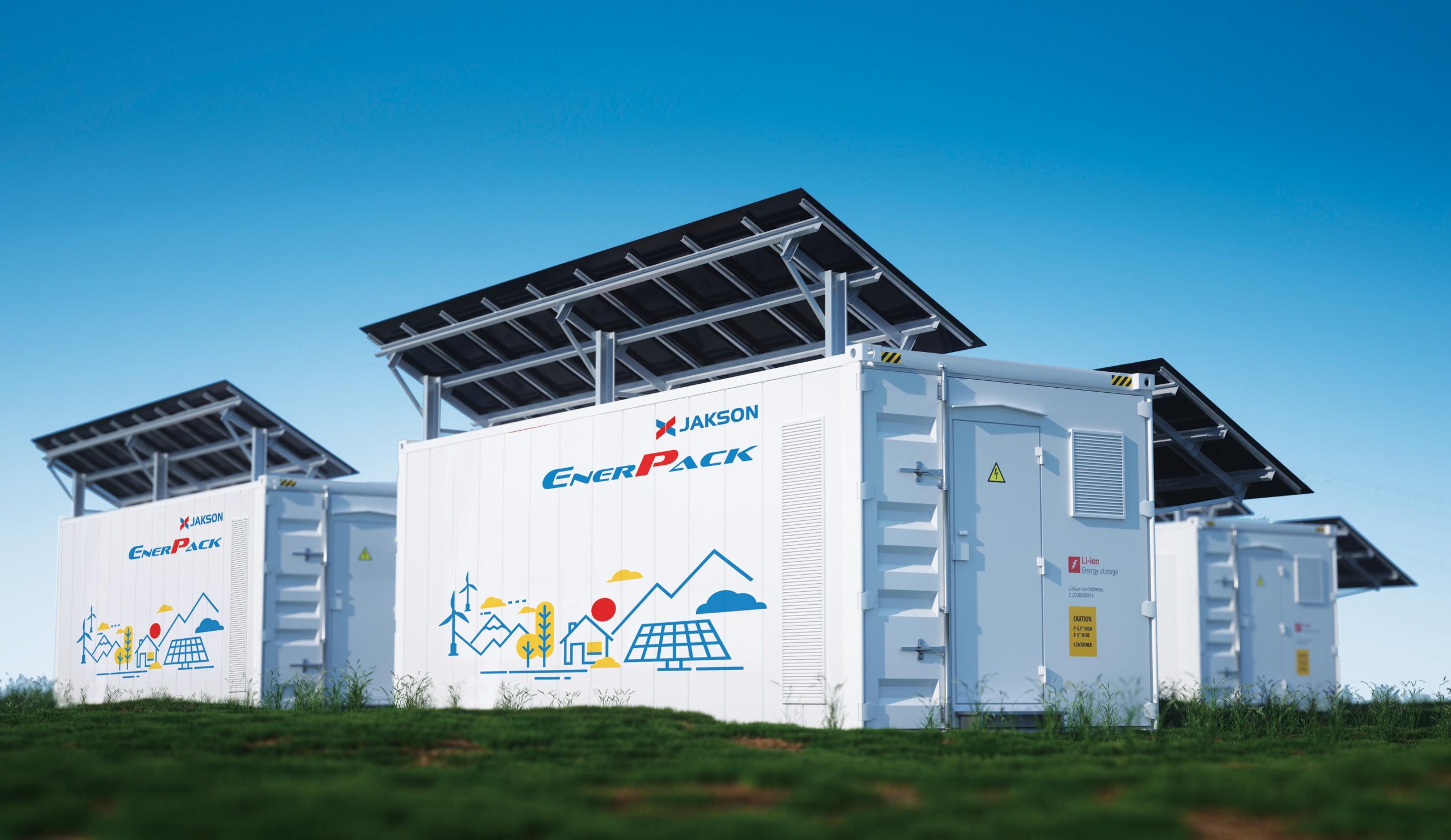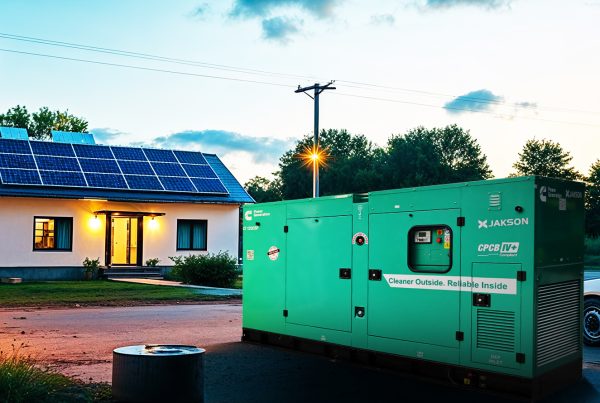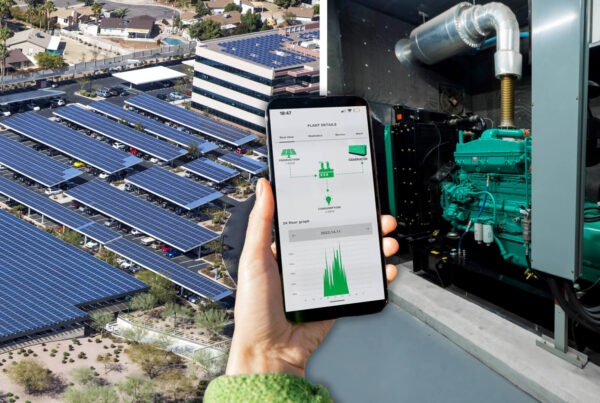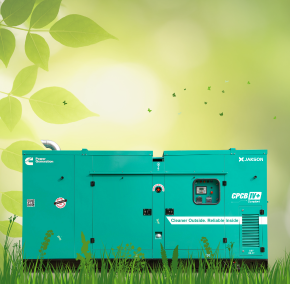 As the world moves towards 100% Renewable Energy, India is well on track to achieve its Paris agreement targets well before the target date of 2030.
As the world moves towards 100% Renewable Energy, India is well on track to achieve its Paris agreement targets well before the target date of 2030.
India’s commitment to renewable energy is evident in its strategic push towards solar power, wind power, battery energy storage systems (BESS), and green hydrogen. As a country blessed with abundant sunlight and favourable wind conditions, the potential for harnessing these renewable sources is immense. Solar and wind energy can be harnessed extensively across various regions, providing a sustainable and cost-effective alternative to traditional power sources. As a nation, we have maintained that it is not a polluter and cause of climate change and has voluntarily committed to reduce greenhouse gas emission intensity by 33-35 per cent below 2005 levels by 2030.
To achieve this, there must be a mindset shift towards harnessing the potential of intermittent energy sources like solar power, wind power, battery storage systems, and green hydrogen. These sources not only reduce carbon emissions but also lower energy costs, even when grid power is available.
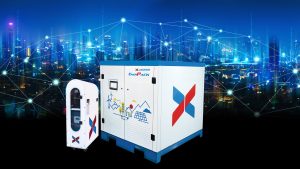
However, despite the promising outlook, the commercial and industrial (C&I) sectors still face significant challenges. The high cost of power generation using diesel generators, coupled with the rising cost of diesel, has become a major financial burden. Additionally, reliance solely on grid power leads to high electricity bills and frequent outages. The recurring costs of VRLA batteries every three years for uninterruptible power supply (UPS) systems, along with high utility demand load charges, add to the financial strain. By leveraging renewable energy sources and advanced storage solutions like BESS, these challenges can be mitigated, paving the way for a more sustainable and cost-effective energy future.
One of growing and moving solution is the Battery Energy Storage system, called BESS. BESS is a rechargeable Li ion-based battery systems that store energy from solar arrays or the electric grid and provide that energy to your home or business. It is quieter and obviously way cleaner technology, as it helps to reduce carbon and Pollution in the environment. It reduces the consumption of fossil fuel and grid power in a cost effective, safe, reliable and an efficient manner.
Complete Spectrum of Applications of Energy Storage, include back up power, Diesel abatement, Uninterrupted Power supply, frequency regulation, renewable integration, peak shaving, micro grids, demand charge reduction, voltage support, and black start capability. Different revenue models can be generated for each application depending on the customer’s requirements and current setup.
Batteries have already proven to be a commercially viable energy storage technology. BESSs are modular systems that can be deployed in standard Canopies/ containers and can be designed for ratings starting from 2Kw to any MW level with different back up options available as per customer needs. Until recently, high costs and low roundtrip efficiencies prevented the mass deployment of battery energy storage systems. However, increased use of lithium-ion batteries in consumer electronics and electric vehicles has led to an expansion in global manufacturing capacity, resulting in a significant cost decrease that is expected to continue over the next few years. The low cost and high efficiency of lithium-ion batteries has been instrumental in a wave of
BESS deployments in recent years for both small-scale, behind-the-meter installations and large-scale, grid-level deployments. Energy storage devices can be used for uninterruptible power supply (UPS), transmission and distribution (T&D) system support, or large-scale generation, depending on the technology applied and on storage capacity.
BESS also increases the power system flexibility so that the occasional periods of excessive renewable power generation need not be curtailed or so that there is less need for large investments in network expansion that lead to high consumer prices. Storage offers one possible source of flexibility.
The BESS system consists of the Li ion battery pack, which connects multiple cells to appropriate voltage and capacity; the battery management system (BMS) and the battery thermal management system (B-TMS). The BMS protects the cells from harmful operation, in terms of voltage, temperature, and current, to achieve reliable and safe operation, and balances varying cell states-of-charge (SOCs) within a serial connection. The B-TMS controls the temperature of the cells according to their specifications in terms of absolute values and temperature gradients within the pack. It also consists of a desired rated PCU, and all components thereafter gets mounted inside a container making it easy to use, store, move with a compact footprint.
Both the major components required for the reliable operation of the overall system are controlled through the energy management system (EMS). The EMS is responsible for system power flow control, management, and distribution.
Battery life varies from 3000 to 8000 cycles, which means typically 10 to 12 years, making it a viable solution and peace of mind for homes and businesses. It is best suited for villas, bungalows, restaurants, hospitals, ATMs, Banks, Cold storages, constructions sites, Remote areas, Process industries, Defence areas, IT and many more to name. It can be charged with various options like Solar power, Wind Power, Diesel Gensets and Grid which ever source is available. It is a maintenance free system with no OPEX and gives you a pay back from 1 to 7 years depending upon the application.
Jakson’s advanced Battery Energy Storage System (BESS), EnerPack, is revolutionizing the distributed energy space by providing carbon-free, uninterrupted clean power. Designed for residential, commercial, and industrial applications, EnerPack offers a scalable energy platform starting from 3KW, ensuring a seamless integration of grid power, solar energy, wind power, and diesel generators. Equipped with a hybrid inverter, lithium-ion batteries, and smart energy systems, our energy storage system delivers reliable power backup with remote monitoring capabilities. Its compact, modular design facilitates easy transport and installation, while its fast-charge capability and low-system energy consumption make it a practical and cost-effective solution.
EnerPack stands out with its zero carbon emission, silent operation, and absence of air pollution, making it an environmentally friendly choice. It ensures uninterrupted power supply crucial for industries like healthcare, defence, cold storage, IT, telecommunications, and ATMs, where even minimal power disruption can be costly. With zero maintenance and no running costs due to the elimination of diesel requirements, EnerPack offers a hassle-free, long-term reliable energy solution. This innovation aligns with the Government of India’s mission ‘Aatmanirbhar Bharat,’ contributing to climate change mitigation and building a self-reliant nation.
Opting for Jakson’s EnerPack means embracing reliable, efficient, and sustainable energy solutions. With features like instant backup, modular construction, and high life cycle, EnerPack ensures operational continuity, reduces costs, and simplifies compliance. Its wide product range caters to diverse energy needs, making it an ideal choice for those seeking to combine cutting-edge technology with user-friendly operation.

